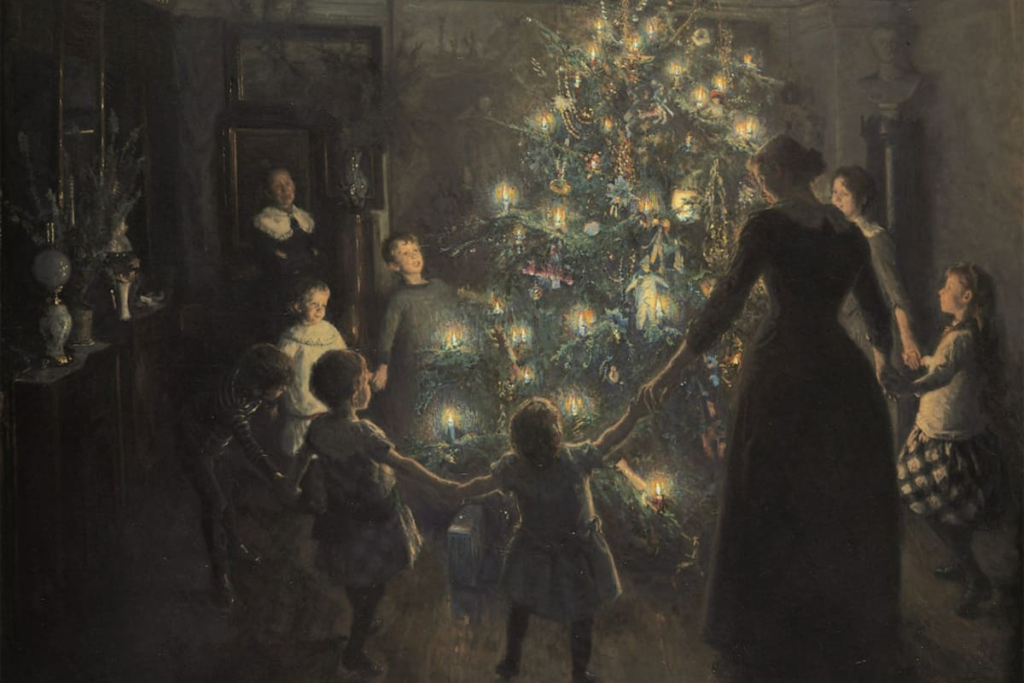The psychologist Víctor Amat, author of the books Punk Psychology, Punk Self-Esteem and anti-meditations, states that the Christmas It makes people have a more real perception about their own feelings during the holiday.
This is because It is usually very common that during Christmas celebrations people force themselves to be well or happy, regardless of the situations that have recently arisen in their lives.
For example, if someone attends a holiday party and doesn’t feel at all well because their pet died, they put themselves in a position to prove to others that they are fine so they can enjoy the night. In the same way, the other subjects present ignore the topic with the intention of not creating an uncomfortable atmosphere in the meeting.
“You could say that Christmas is like a garden full of seeds of advice that no one has asked for,” says Amat. This is because in these types of celebrations it is usually very common for excessive empathy to lead others to ask about the personal situations of others and give their opinion without having been asked to do so.
The expert assures that the initial problem lies in “when one has to force what is spontaneous,” like happiness. From his personal point of view, Christmas is the best night of the year, but he assures that it is unfair to force others to see the holiday from the same perspective, ignoring each person’s personal circumstances.
This is why he believes that when offering some type of help or advice, it is usually something that goes too far and the results are usually far-fetched and unnatural. This can be like “forcing an erection or sexual desire”, which does not work if the person does not like it or is something that arises from pressure, “the same thing happens with happiness.”
In addition to this, it also frequently happens that right at the end of the year it becomes more popular to achieve personal goals such as improving individually in order to offer others your ‘best version’. This is one of the strongest criticisms that Amat raises against positive psychology, as he assures that these purposes are so repeated that they become “banal and perverse.”
In the same way, he emphasizes that trying to put aside stress just because of the arrival of Christmas is an unrealistic proposition, since problems do not disappear with the holiday and it is normal to feel worried even if everyone is celebrating.
In addition, he mentions that it is important to allow people to feel loneliness at this time, since there are many older adults who are not accompanied by anyone and even some young people also go through the same situation. This is why he believes that no one should be forced to be well during the celebrations, since each person goes through different problems in their daily lives that do not disappear with Christmas.
TIME (GDA)

 Workout
Workout
 Meditation
Meditation




 Contact Us
Contact Us











